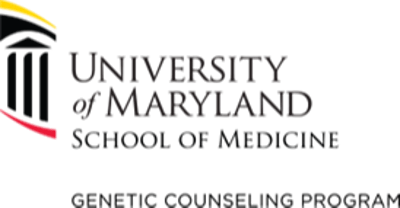Exploring the Fertility Preservation Needs of Individuals with Positive Genetic Test Results

Survey and video interview for people who tested positive for an inherited mutation
Study Contact Information:
Study Coordinator: Adrienne Chase, Master’s in Genetic Counseling Student, University of Maryland School of Medicine
[email protected]
Director: Shannan Dixon, MS, CGC, Master’s in Genetic Counseling Training Program, University of Maryland School of Medicine
[email protected]
About the Study
The goal of this study is to identify if there is a need for more specialized providers, specifically genetic counselors, to meet the needs of patients regarding fertility preservation and family planning prior to cancer treatment or preventative surgery. We hope to identify the appropriate setting and timeline for these services to streamline and enhance comprehensive patient care for patients with a hereditary breast or gynecologic cancer variant.
This study is no longer enrolling people.
This Study is Open To:
This study is no longer enrolling people.
This Study is NOT Open To:
This study is no longer enrolling people.
Study Contact Information:
Study Coordinator: Adrienne Chase, Master’s in Genetic Counseling Student, University of Maryland School of Medicine
[email protected]
Director: Shannan Dixon, MS, CGC, Master’s in Genetic Counseling Training Program, University of Maryland School of Medicine
[email protected]
Survey and video interview for people who tested positive for an inherited mutation
Study Contact Information:
Study Coordinator: Adrienne Chase, Master’s in Genetic Counseling Student, University of Maryland School of Medicine
[email protected]
Director: Shannan Dixon, MS, CGC, Master’s in Genetic Counseling Training Program, University of Maryland School of Medicine
[email protected]